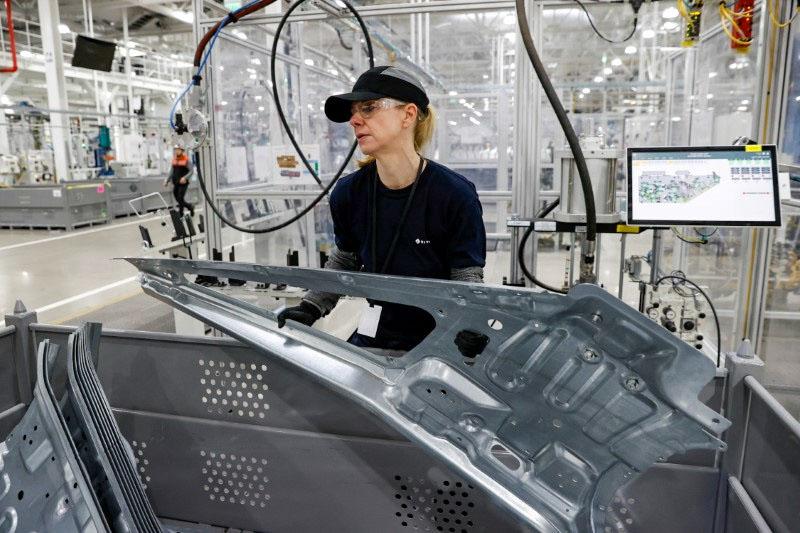U.S. manufacturing fell deeper into recession territory at the beginning of December, marking the sixth consecutive month of contraction in America’s goods-producing sector as factory output fell to its lowest level in 55 months while input-cost inflation jumped to the highest in just more than two years, according to S&P Global.
The S&P Global Flash U.S. PMI report, released on Dec. 16, shows that business is booming in the service sector, but manufacturing deepened its decline.





